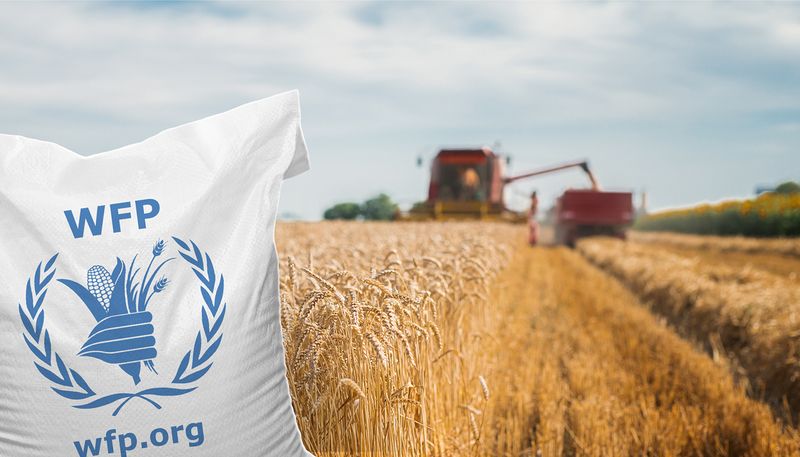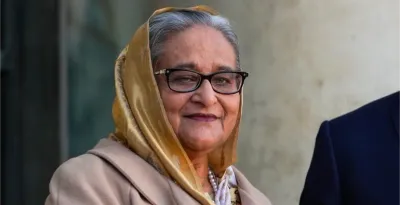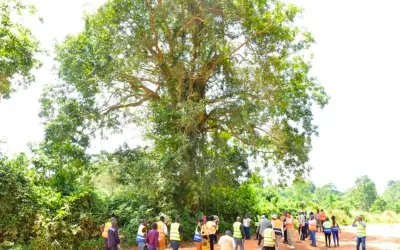
The Government of Ireland has pledged USD 5.3 million to support the United Nations World Food Programme (WFP) in Uganda, aiming to boost community resilience in both Karamoja and refugee-hosting regions. This renewed collaboration is set to benefit nearly one million vulnerable Ugandans and refugees through a combination of food assistance, school feeding, livelihoods, and social protection initiatives.
“Ireland has a long and proud history of partnership with Uganda,” stated Mags Gaynor, Ambassador of Ireland to Uganda. “Our support to WFP reflects our commitment to reducing humanitarian need by reaching the furthest behind first. By investing in resilient food systems and empowering smallholder farmers, we are helping communities break the cycle of hunger and build a better future.”
In Karamoja, an area still grappling with serious food insecurity, the funding will enable WFP to purchase food for school meals, thereby stimulating local markets. Communities will also engage in activities such as restoring degraded land, diversifying crops, and enhancing post-harvest practices.
The WFP will further assist the Ugandan government in scaling up social protection programmes aimed at improving resilience to climate shocks, including droughts and floods. Lauren Landis, WFP Country Director in Uganda, emphasized, “This contribution from Ireland is not just about emergency food assistance, it’s about helping people build the foundations for a more stable and self-reliant future.”
In regions that host refugees, WFP will provide targeted cash assistance to the most vulnerable, including elderly individuals. Efforts will also focus on helping both refugee and host communities gradually move from dependency on humanitarian aid to sustainable livelihoods.
“Through this collaboration, we aim to drive lasting change for both the people of Karamoja and refugee communities,” added Landis.
These initiatives will align with and bolster Uganda’s inclusive refugee policy. As of August 2025, the country remains home to Africa’s largest refugee population, hosting approximately 1.9 million individuals who have fled conflicts in South Sudan, Sudan, and the Democratic Republic of Congo.














Sunrise reporter
Leave a Comment
Your email address will not be published.